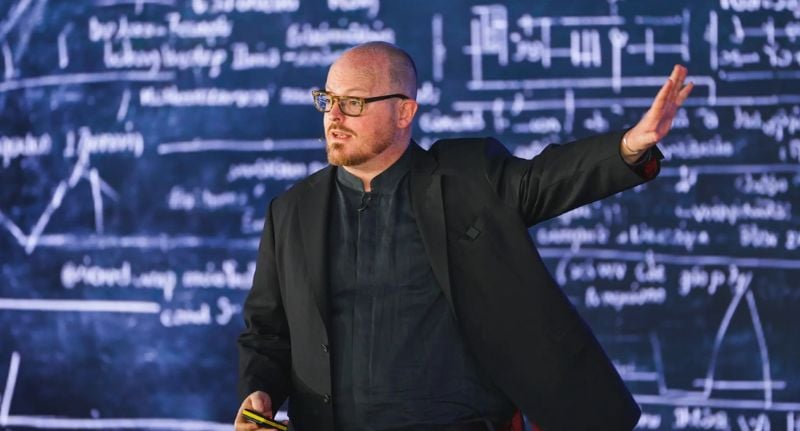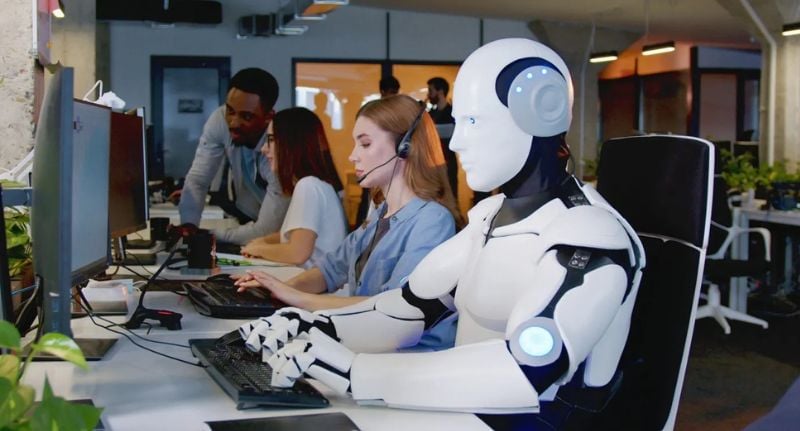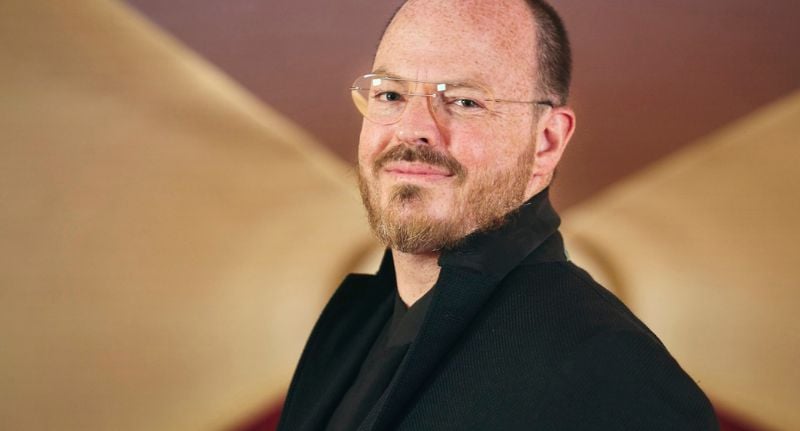When COVID-19 sent shockwaves through global markets, futurist Jonathan Brill says it was the companies that had prioritised resilience over performance that came out ahead.
As HP faced a hostile takeover from Xerox in 2020, he recalls, “investors thought it was a good idea, analysts thought it was a good idea – and then something surprising happened.”
Speaking with Mediaweek, Brill who now works as a motivational speaker with The Champions Speakers Agency, argued that the pandemic exposed just how critical flexibility and foresight have become for business survival.
“When COVID hit, Xerox’s earnings per share dropped 69% and then they stayed there, whereas HP’s went through the roof,” he said.
“It was a result of very small changes – things that the investors and analysts hadn’t noticed – that increased HP’s flexibility when the world changed, increased its resilience, and its ability to perform.”

Futurist Jonathan Brill
Lessons from HP in a time of crisis
Brill pointed to his experience at HP during the early days of COVID as a defining example of how resilience can change the trajectory of a business.
At the time, Xerox was mounting a hostile takeover. “Investors thought it was a good idea, analysts thought it was a good idea, and then something surprising happened,” he recalled.
“When COVID hit, Xerox’s earnings per share dropped 69% and then they stayed there, whereas HP’s went through the roof.
“It was a result of very small changes – things that the investors and analysts hadn’t noticed – that increased HP’s flexibility when the world changed, increased its resilience, and its ability to perform,” he said.
Brill said this moment underscored a wider truth: “It turns out that companies that prioritise resilience over performance have dramatically better outcomes over time. In fact, according to a recent transnational cross-sectoral 13-year study by McKinsey, they have about 81–82% higher economic profits over time.”
Turning crisis into advantage
For Brill, disruption is not something to fear but to harness. “In Chinese, the word for crisis is ‘wei ji’: wei means danger, ji means opportunity. Crisis is both danger and opportunity. I think the question isn’t what happens next, the question is whether you’re prepared for anything that could happen next,” he said.
The real opportunity, he stressed, lies in proactivity: “You don’t need to accept the future that’s given to you – you can architect your own future. That’s what’s so exciting about understanding these trends, understanding how everything comes together.”

Artificial intelligence and the workforce
Unsurprisingly, artificial intelligence looms large in Brill’s outlook. He believes the technology will reshape economies and societies much faster than many expect.
“What excites me about AI is that it’s going to shift the entire economics of the world. We’re able to automate those things that we used to not want to do, and it’s going to happen quickly,” he said.
Brill also pushed back on narrow views of AI as a job-cutting tool. “Foundationally, it’s about this idea that we’re going to become more efficient – by which I mean that we might have to lose some jobs,” he explained.
But he argued that businesses need to consider AI at three levels: “tasks – the things we do over the course of the day; how those bundle into processes and jobs that we do in our businesses; and how the people who do those jobs create resilience when edge cases occur.”
The bigger picture, he said, is about resilience, and using AI to our advantage by helping to automate mundane tasks. “Because if we do those things, we can all be dramatically more efficient, and we can live in a much, much better world,” he said.
Creating “strategic luck”
Ultimately, Brill wants leaders to walk away from his talks with a toolkit for shaping their own futures. He calls this idea “strategic luck.”
“We talk about the future – the range of things that could be. We talk about the skills that you need to take advantage of it. But most of all, and most importantly, we talk about how to create a culture of what I call ‘strategic luck’: one where the future doesn’t happen to you by accident, but one where it rolls itself out to your advantage,” he said.
The key, he argued, lies not in sweeping transformations but in simple, deliberate actions. “If you do small, simple things in your business, in your life, in your community, you can have dramatically better results, far more consistently, and best of all, with dramatically less effort.”
Main image: Futurist Jonathan Brill
